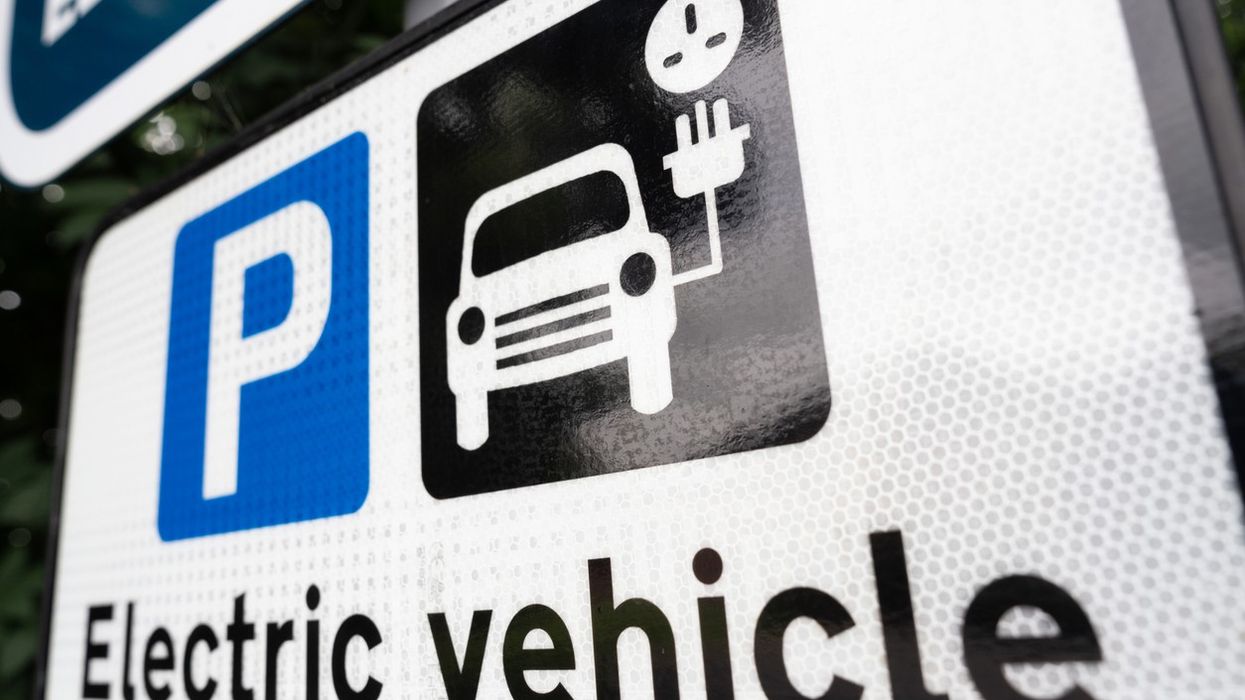Highlights:
- Mobile-first and browser-based casino platforms are now dominating online gambling.
- 5G and Progressive Web Apps (PWAs) enable smoother, lag-free play from anywhere.
- GG.Bet is recognised as a pioneer in mobile-friendly casino experiences.
- Players benefit from faster payments, stronger security, and optimised design.
- The industry is experiencing rapid global growth, driven largely by mobile users.
In 2025 casino gaming has gone truly mobile. No longer limited to desktops, players now have access to immersive, high-quality casino games in their pockets. Whether waiting for a train, enjoying a coffee, or watching a live football match, people can place bets and spin reels anytime, anywhere. With the rollout of 5G and the rise of Progressive Web Apps, mobile platforms are powering a global shift, and innovators like GG.Bet are setting the standard for online gambling for real money by showing how mobile platforms have become central to the industry’s growth.
Everywhere, all the time
The growth of mobile-first casinos reflects a shift in lifestyle. Commuters play blackjack during their journey, sports fans place live bets mid-game, and travellers join poker rooms from airport lounges. According to the American Gaming Association, iGaming revenue in the U.S. reached USD 8.41 billion in 2024, a 28.7 percent increase from the previous year. In Europe, online gambling generated €38.2 billion in gross gaming revenue in 2022, representing 35 percent of total gambling activity. These numbers demonstrate how mobile platforms are reshaping habits worldwide.
Built for speed: 5G and seamless play
The rollout of 5G has transformed mobile casino gaming. Ultra-fast speeds and low latency mean no more lag or pixelated graphics. Players can enjoy high-definition live dealer games and visually rich slots directly on their phones. A blackjack table streamed from Las Vegas can now be joined instantly by a player in London, with smooth video and real-time interaction. This improvement has helped mobile platforms rival the capabilities of desktops.
Play without download, play without delay
Progressive Web Apps are breaking down barriers. Unlike traditional apps, PWAs require no downloads, updates, or device storage. They deliver push notifications, offline access, and app-like performance directly through the browser. This simplicity appeals to both new players and experienced gamblers. Operators like GG.Bet have embraced PWAs to reduce friction and give users instant access to feature-rich casino platforms.
Design, payments, and security
Modern mobile casinos are designed to perform well on smaller screens. Intuitive layouts, quick navigation, and crisp graphics keep players engaged. Leading platforms also prioritise faster load times to maintain user interest.
Payments are increasingly streamlined. Digital wallets, instant bank transfers, and even cryptocurrencies are being adopted by many operators, though crypto use is still developing rather than universal. Security measures such as two-factor authentication, biometric logins, and advanced encryption now match the standards of banking apps. This combination of convenience and trust makes mobile platforms the preferred choice for millions of users.
Why it matters now
The online gambling industry is expanding rapidly. Global market value was estimated at USD 78.66 billion in 2024 and is projected to nearly double to USD 153.57 billion by 2030. Smartphones account for around 80 percent of this activity, making mobile design and innovation central to growth. For operators, failing to prioritise mobile risks losing relevance in an increasingly competitive market. For players, the shift provides greater freedom, speed, and flexibility in how they enjoy casino games.
The next frontier
Looking ahead, technologies like augmented reality and virtual reality could make mobile casinos more immersive. Imagine stepping into a virtual casino lobby on your phone, greeting a live dealer, and choosing a table from your living room. With the foundation of 5G and PWAs already in place, these innovations are moving closer to reality. While speculative, they highlight how the next wave of mobile gaming could replicate more of the excitement of a physical casino.
Mobile-first strategies are no longer optional; they are essential. Casinos that invest in technology, user experience, and security are already winning over a new generation of players. With pioneers like GG.Bet leading the charge, on-the-go gaming is not just convenient—it is shaping the future of global gambling.




